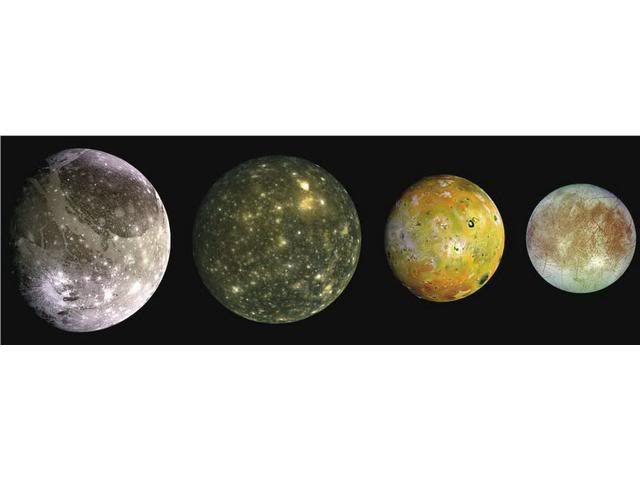rainy days are perfectly made for bummy hours of movie marathon. today should've been hectic for me: a Haraya meeting should've started my day, followed up by a trip to makati to fetch the council's money from stocks, and cap the day with the
bagsakan of SIDHI's first issue. well, all of these scheduled events were scrapped off the calendar when the rain got started. and im home snugged in my most comfortable sweater, watching movies that inspire me despite the very gloomy surroundings.
i just finished watching aliens of the deep, a science documentary directed by james cameron. it is a feature film about deep-see life and how the environment that barely knows the sun creates a very precise depiction of life on other worlds. it's kind of ironic, that to be able to understand life on other planetary systems, we must dive to the guts of the deepest oceans and study it's life. the stars/scientists in the movie says deep-water life is the closest thing to extraterrestrial life that you could get here on earth. ominous blind fish, pale sinister crabs, and tall tubular worms thrive in the area where the freezing water clashes with hydrothermal vents, creating an environment where temperatures fluctuate from near boiling to near freezing. oh and if you could just see the octopi.. weird transluscent octopi... my favorite is dumbo. it's an octopus that reminds us of dumbo the elephant because it has big flappy ears and a stocky physiology.

anyways, as of current, the best astrobiologists, physicists and astronomers are exploring the near solar system for signs of extraterrestrial life. after earth, the most popular choice is mars, because mars seems to have a history of having water, the most essential compound to sustain life. but higher technology and higher education suggests that there can be other places for a search.. NASA is trageting the moons of jupiter, the four largest moons of the largest planet in the solar system, because they exemplify characteristics of the deep-see environment.
orbiting jupiter are two large celestial ice worlds: ganymede and callisto, two great grey rocks that are believed to be containing liquid water underneath their barren and icy carapace. orbiting just close is another big moon, Io, whose yellow crust is dotted with volcanoes and geysers, making it knows as the world of fire. these three moons are believed to be rearing some foreign kind of life that is not based on photosynthesis but on chemosynthesis. they partially resemble the environment of the deep-sea.

but orbiting yet closer to jupiter is another very interesting moon - europa. like the other three largest moons, europa is a very harsh environment, but what's unique about it is that it is a land of fire and ice. ocean ridges which are sources of fresh magma (yep, i learned from my geol class) lace the permafrost shell covering europa's crust. and scientists believe there is non-photosynthetic life thriving underneath the icy surface. this is what the underwater explorations are all about... to imitate europa's nature before a satellite is sent to explore it.
at the end of the film, the filmmakers depict a scene in the future, when a satellite manned by two scientists penetrates the thick ice covering europa... underneath the ice, there is an ocean, and a lot of stone structures, and everything is blue. the submersible spins around and a creature approaches. it has tentacles, it has eyes. it resembles an octopus or a squid, only, it is in a weird way, humanoid. it stretches out a tentacle that tapers into two fingerlike appendages, touches that glass of the submersible, as black female scientist inside reaches out too... and then the camera wheels in to reveal a community of such creatures, and behind them, there was a structure that gleams with biotic light... and the movie fades to black.


coool. not cool like, sci-fi movie cool. it's cool because you know in some part of your brain that it can happen, when humans can finally interact with an extraterrestrial species and transcend the limits of evolution...
cool right? it's hard-science-nasa-physics-meets-biology-stuff. i would be glad to live to the day when scientists will proclaim to the world that they found life on the moons of jupiter. hmmmm, what joy could that be?




 Lurec,Tanis,Kimoy
Lurec,Tanis,Kimoy
 Dog Crammer
Dog Crammer





 Crush ko to'!!
Crush ko to'!!
 I am this strong!!
I am this strong!!









